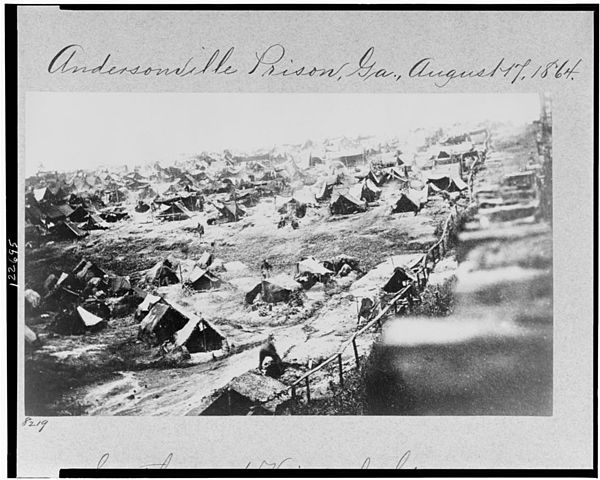From the Archives: Clara Barton, Act 2–Finding the Missing
For the next little while, I’m juggling revisions with prepping for a talk about Civil War nurses. (I love giving talks, but I was overly optimistic when I agreed to do this one last September.) It makes for an interesting mix of tough broads competing for my attention.
Working on the theory that if I’m thinking about Civil War nurses, you should be too, I offer you a three part series from back in 2016. If you’re coming in late to the story, you can read part one here.
When the Civil War ended, most of the women who had volunteered to serve as nurses went home and stepped back into their old roles as daughters, seamstresses, schoolteachers, and wives. (Not to mention factory workers, New York socialites, reformers…) Nursing had been a temporary event in their lives, just like being a soldier was a temporary part of the lives of most of the men who served in the war.
Clara Barton was one of the exceptions. (Does this come as a surprise to anyone?)
After the end of the war, women wrote to Barton asking her to help them find missing husbands and sons, whom they feared had ended up in Southern prisons. The anguish in their letters convinced her that locating missing soldiers was the most important thing she could do now that peace had come. Barton opened the Office of Correspondence with Friends of the Missing Men of the United States Army, which operated out of her own rooms in Washington. She put together lists of missing soldiers, organized by location and unit, posted them in army hospitals, and had them printed in local and national newspapers, with the request that any information about the missing men be sent to her to pass on to their families.
Eventually she received official sanction for her new mission. Shortly before his assassination, President Lincoln wrote a letter to the public informing them to contact Barton with information about missing soldiers. When her own resources were exhausted, Congress appropriated $15,000 to complete the project—close to $3 million today. The search for missing soldiers led to an effort to identify graves, beginning with the unmarked graves of the 13,000 Union soldiers who died in the prison camp at Andersonville, Georgia. Between 1865 and 1869, she and her assistants received and answered more than 63,000 letters and helped locate 22,000 missing soldiers.
Her grueling work in the war had left Barton physically exhausted; her efforts after the war imposed a new kind of strain. In 1869, she was near collapse. Her doctors ordered her to Europe for a rest cure.** She did not rest for long. While in Switzerland she became aware of a little organization called the International Red Cross. Perhaps you’ve heard of it?
*A standard medical prescription for exhausted Americans** in the nineteenth century, which has sadly fallen out of favor. Personally, I think taking a rest cure soon would be a fine idea.
**At least for those with the time and money to spare. My guess is that no one suggested an exhausted small farmer or factory girl take several months in Switzerland.






Thank you Pamela. I went back to your link and reviewed the info that I used that year for my ESL (English as a Second language) class with the topic of “Women in”…medicine at the time. I downloaded the info for myself and the students to read.. As a further reference to Clara Barton, I have a very good book called Dunant’s Dream: War, Switzerland and the History of the Red Cross. Pointing out the value of her work to both continents. For America she was an instrument of good within the Civil War; in our participation in subsequent wars the lessons so dearly learned an admonition. In chapter two, Caroline Moorehead talks about how Barton became involved with the Red Cross and Henry Dunant. Wikipedia also has a link to the International Committee of the Red Cross as well as Mr. Henry Dunant. His book, In Memory of Solferino ( a 1859 battle he witnessed in Italy) inspiring his international committee efforts. And yet, the global climate change in this decade depicts a war of another kind. The Red Cross is still here to help thanks to them. So to your piece, I thank you again and say only that the more one knows the better one can understand how we (collectively) got to where we are now in regards to war and peace; life and death .